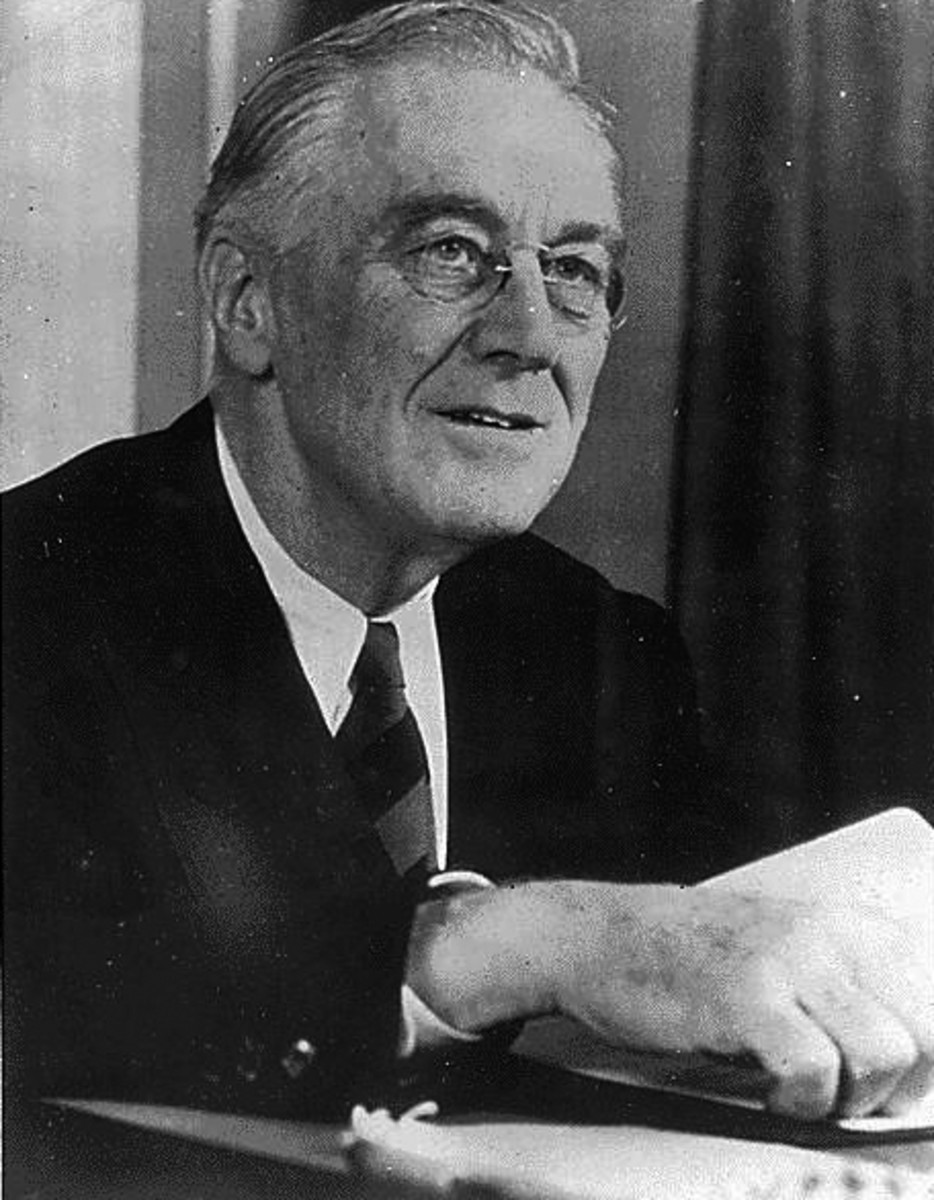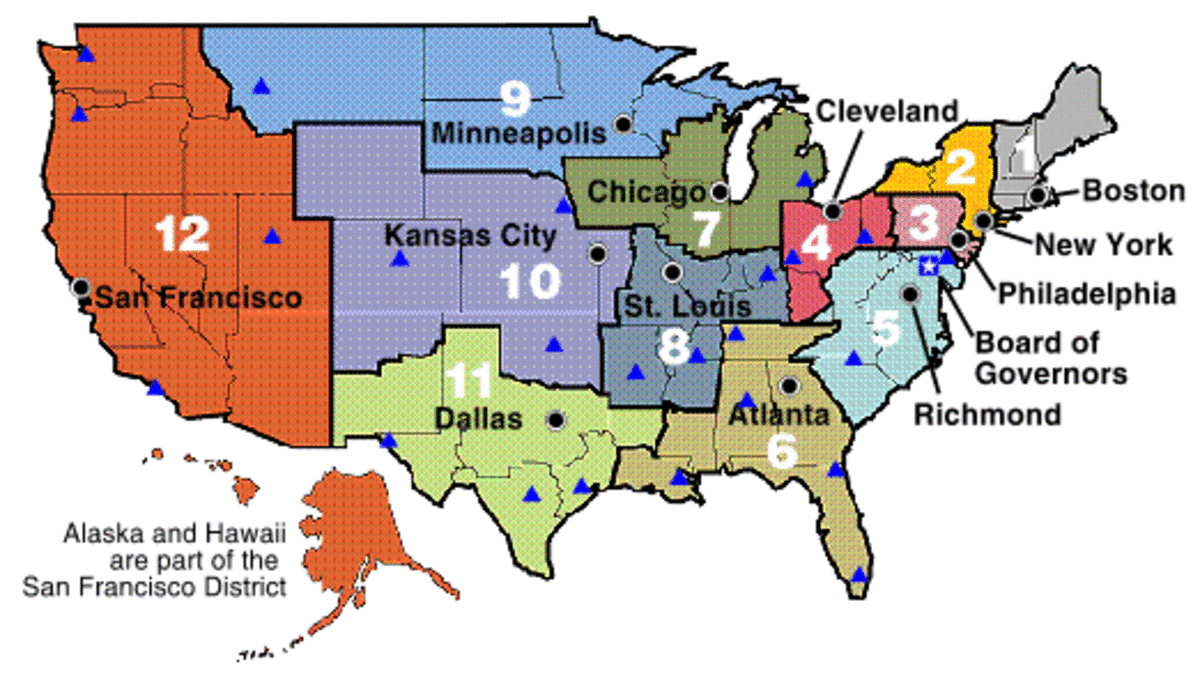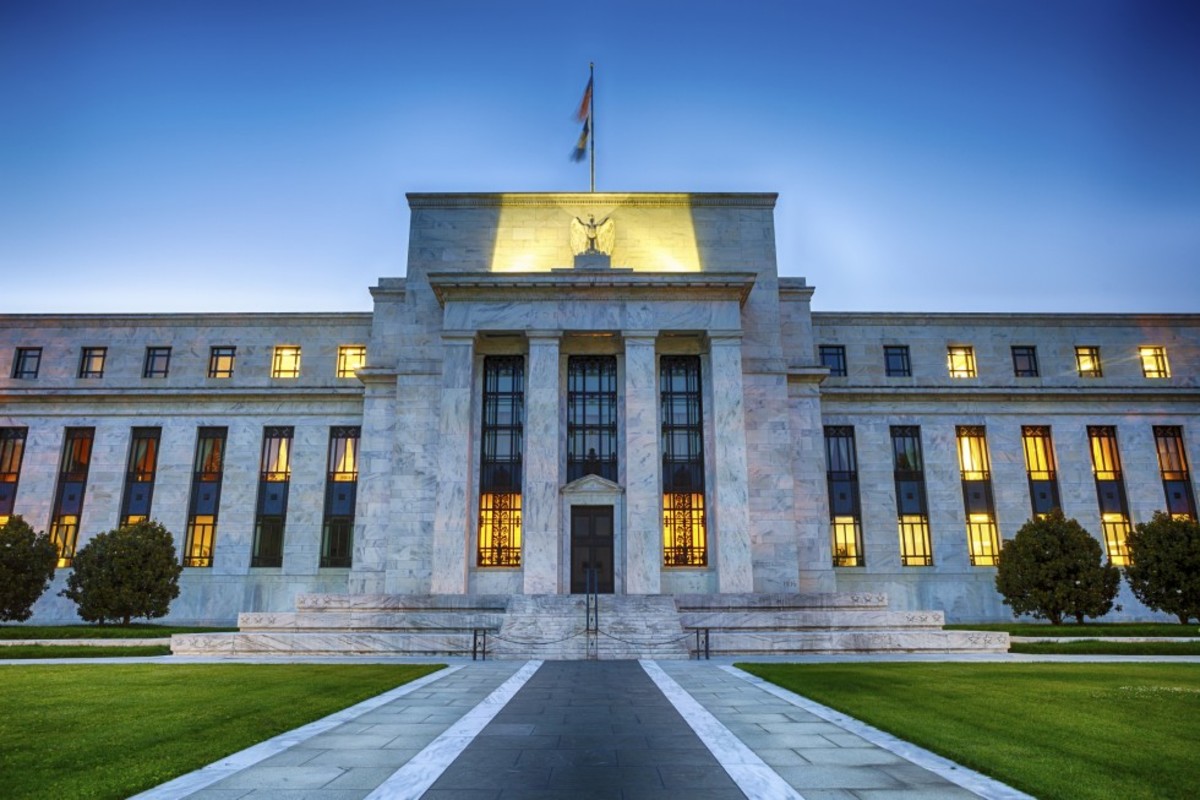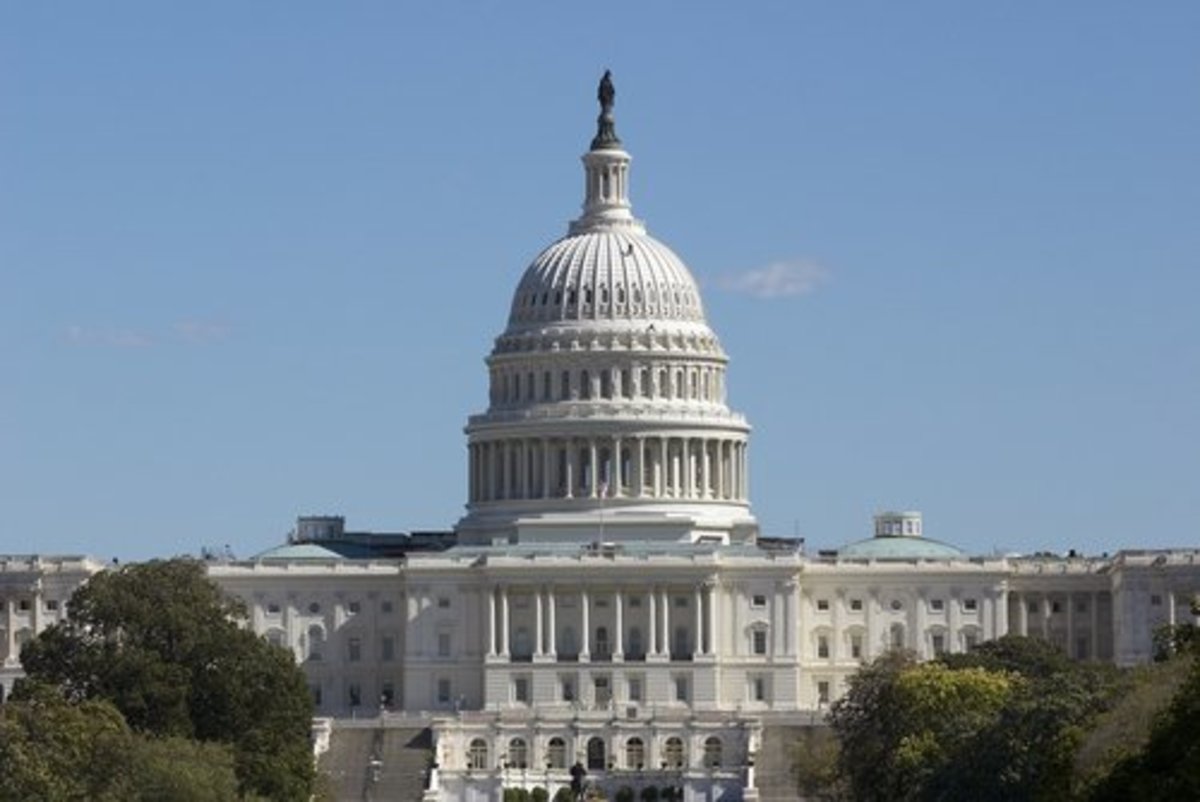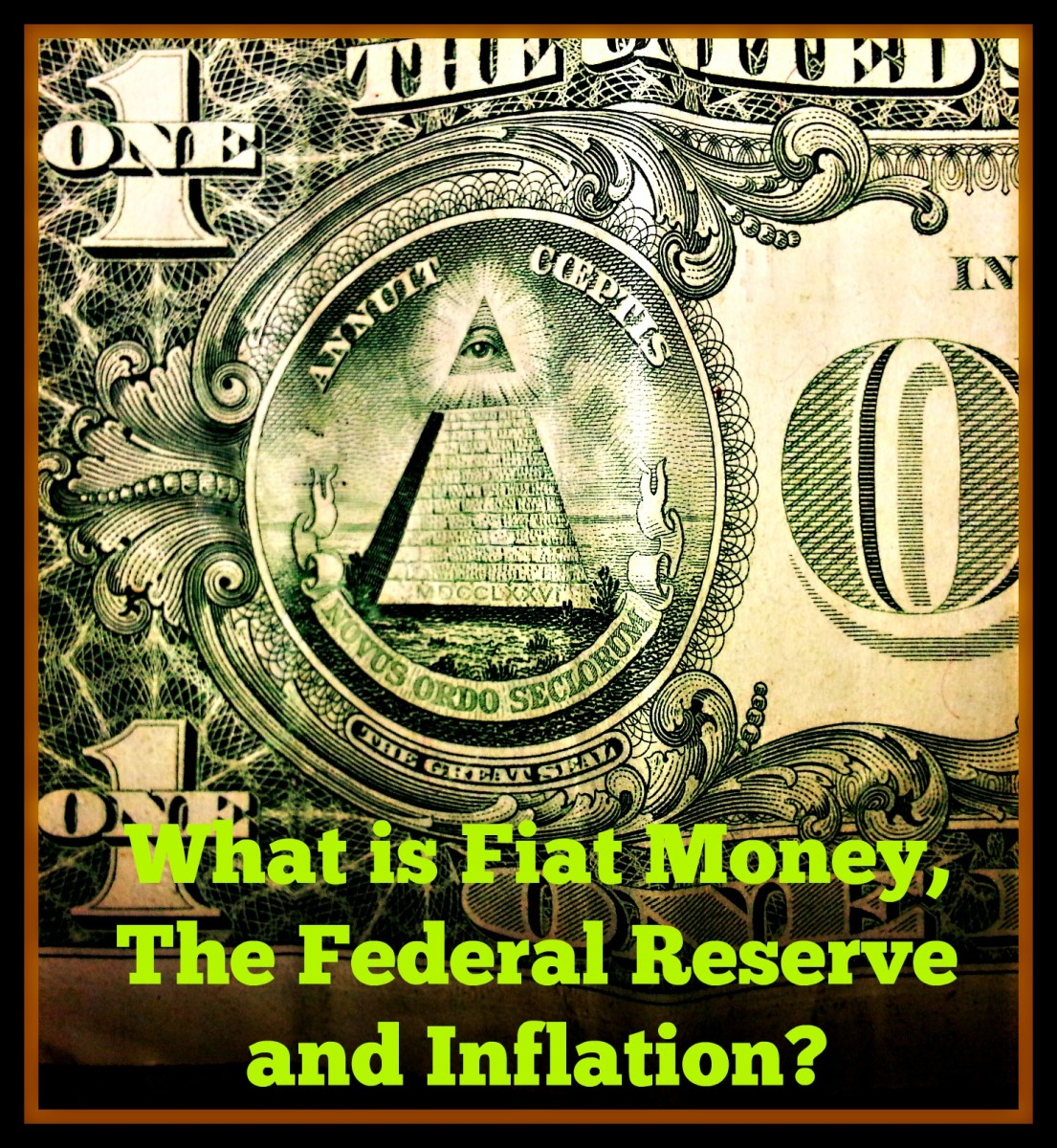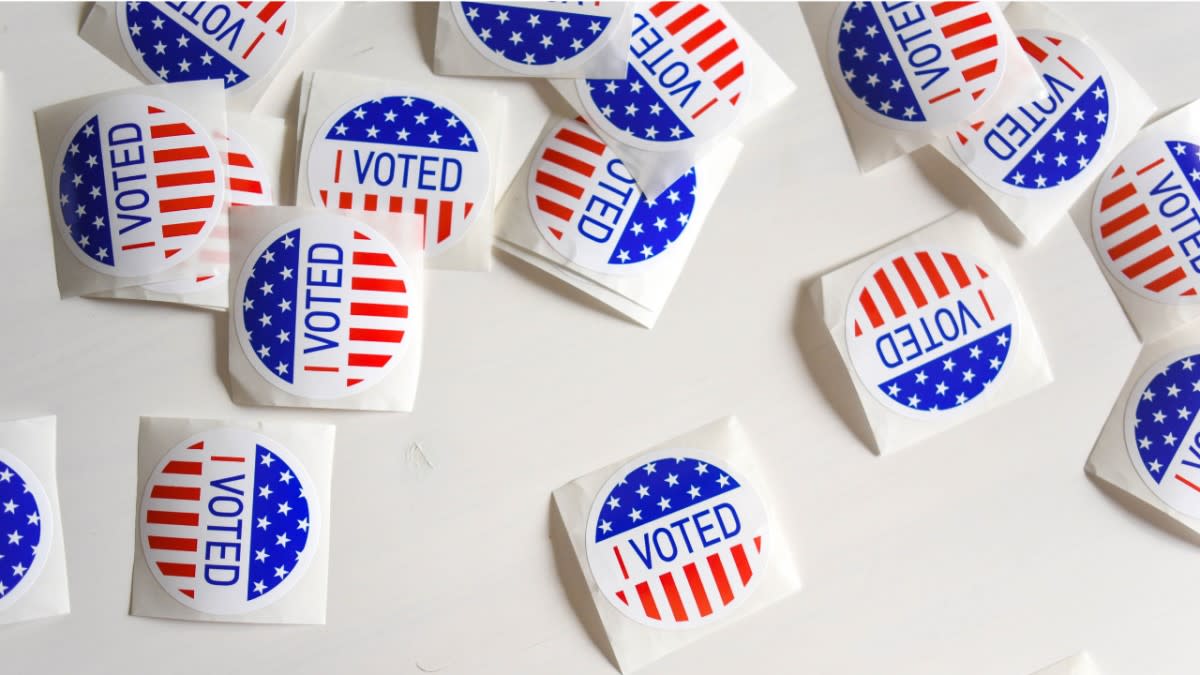When Bernie Busts Up the Big Banks, We Will Have Our Country Back

The import of Bernie Sanders’ vow to break up the “too big to fail” banks to preclude them from demanding another bailout is difficult to overstate. As far back as the founding of the republic, the Founding Fathers feared the money power of the New York and Philadelphia banking centers above all else as a threat to liberty, and a threat to the Constitution. The big banks own everything — the defense industry, the oil companies, the media. There is nowhere important they do not have a significant shareholder stake, and direct or indirect representation on corporate boards.
Thomas Jefferson said:
“I believe that banking institutions are more dangerous to our liberties than standing armies...”
In the shaping of the Constitution, the Founders took extraordinary pains to reserve the power to issue money to the US Treasury, which stood until the Federal Reserve Act of 1913 essentially circumvented this. Henceforth the Federal Reserve, a private entity governed by a Board of Governors elected by no one, many of whom are creatures of the banking industry, wrested the power to issue money from the accountable public domain. Look at the dollar bill in your pocket. At the top it says “Federal Reserve Note.”
Jefferson wrote:
"If the American people ever allow private banks to control the issue of their currency, first by inflation, then by deflation, the banks and corporations that will grow up around them will deprive the people of all property until their children wake up homeless on the continent their Fathers conquered..”
Enter Bernie Sanders. Although in his youth a socialist idealist, the playbook he now quotes from was pioneered by trust-busting Republican Teddy Roosevelt, and of all people, Ronald Reagan, who broke up AT&T into the “Baby Bells” in order to usher competition into the telecommunications market. It is this competition that we now have to thank for the drop in telephone rates and the evolution of the cellphone industry. When AT&T owned all the wires, no other company could compete. When the government mandated that other companies, mostly entrepreneurial ventures, be allowed to connect to AT&T switches, entire industries were born. There are some of us old enough to remember waiting until 9 o’clock to call your parents on a Sunday night in college, because that is when the long distance rates dropped. Now with cellphones, no one pays for long distance. It is one of the few bright spots in an otherwise criminal, death-dealing administration, if you were a Nicaraguan or Salvadoran peasant.
Thus Sanders, a student and practitioner of governance all his life, is speaking from solid precedent when he vows to break up the biggest banks, who push their hooves to the front of the trough whenever they demand a bailout, to stave off the catastrophic consequences of them failing. There is another word for this type of arrangement. It is called blackmail. When ordinary people practice it, they can go to jail. When big banks practice it, they go to Monte Carlo.
Literally. What is little noted is that, since the sub-prime crisis, big bank behavior in the “derivatives” market has been atrocious. The long and the short of derivatives is that they are bets, i.e. legalized gambling. But the stakes make Las Vegas look like penny ante poker.
Since the bank bailouts of 2008, the banks which most needed bailing out have only gotten bigger, and now account for approximately 67 percent of all assets in our financial system. That’s about 40% more than during the sub-prime crisis. According to Fortune magazine, by every measure, the biggest banks are now bigger than ever.
Not only have they gotten bigger, they are more at risk than ever of losing everything if the derivatives market goes south, and they lose all their bets. Of course when someone loses a bet, someone has to win, and gets paid. So who gets paid? Since the financial institutions themselves are the ones issuing these risky instruments, they pay themselves.
It’s beautiful. If I win I win, and if I lose I win. Who loses is the American taxpayer.
“...the total notional amount of derivatives held by U.S. commercial banks and savings associations, as of 12/31/12, was a staggering $223 trillion, while the four largest U.S. banks shown above hold 93% of these contracts.”
Translation: The four biggest “too big to fail” banks are now on the hook for about $200 trillion if their bets go bad, as they did in the 2008 sub-prime crisis. But the amounts make the sub-prime crisis pale in comparison. The gross national product of the U.S. is about $18 trillion.
What can be done as we teeter on the edge? First, what Bernie Sanders proposes. Break up the banks that got us into this predicament in the first place, who operated under the entitlement mentality that, no matter how risky their behavior, the taxpayer would always have no choice but to bail them out because they are “too big to fail.” Next, were they to fail, extend unemployment benefits to a year, possibly two, to protect workers whose jobs will be lost in the ensuing economic chaos. Pay off any affected depositors under the FDIC insurance rules, and let the market do its work, punishing badly run banks which will be acquired by better businessmen at pennies on the dollar.
Markets may be thrown into chaos, but that doesn’t mean people have to starve.
Alternatively, the Swedish model could be followed whereby the government takes shares from banks in exchange for bailouts, in essence buying out the bank. American knee-jerk reaction against such socialist-sounding measures might make this too politically unpalatable, so letting the banks go under while protecting millions of laid-off workers might be the better option.
The scenario absent forward thinkers like Sanders is the most worrisome. In this scenario, the banks know full well there is not enough money in the world to bail them out, so they will dictate what it will take for them to not go under. This will be an extraordinary number mandating the slashing of all social programs, all other national investment, reducing the country to a form of debt peonage in which workers toil to pay what the banks say they need. This will surely mean social unrest, but, since 9/11, many laws have been passed which will make this easier to deal with. Police forces have been militarized, and the Posse Comitatus strictures against using the US military in domestic law enforcement have been erased. Technology such as surveillance cameras and NSA eavesdropping are ubiquitous and turned inward. Everything is in place.
Sanders has done the country a service which few as yet may realize. Breaking the back of the big banks does not stop with the economic benefits. It is these same powers which have for so long contributed disproportionately to campaigns and candidates, and held our election system hostage. Restoring the Congress to the people means breaking the hold of money over the Congress. And, as Jefferson would have well understood, breaking the hold of the money power starts with breaking up the big banks.

